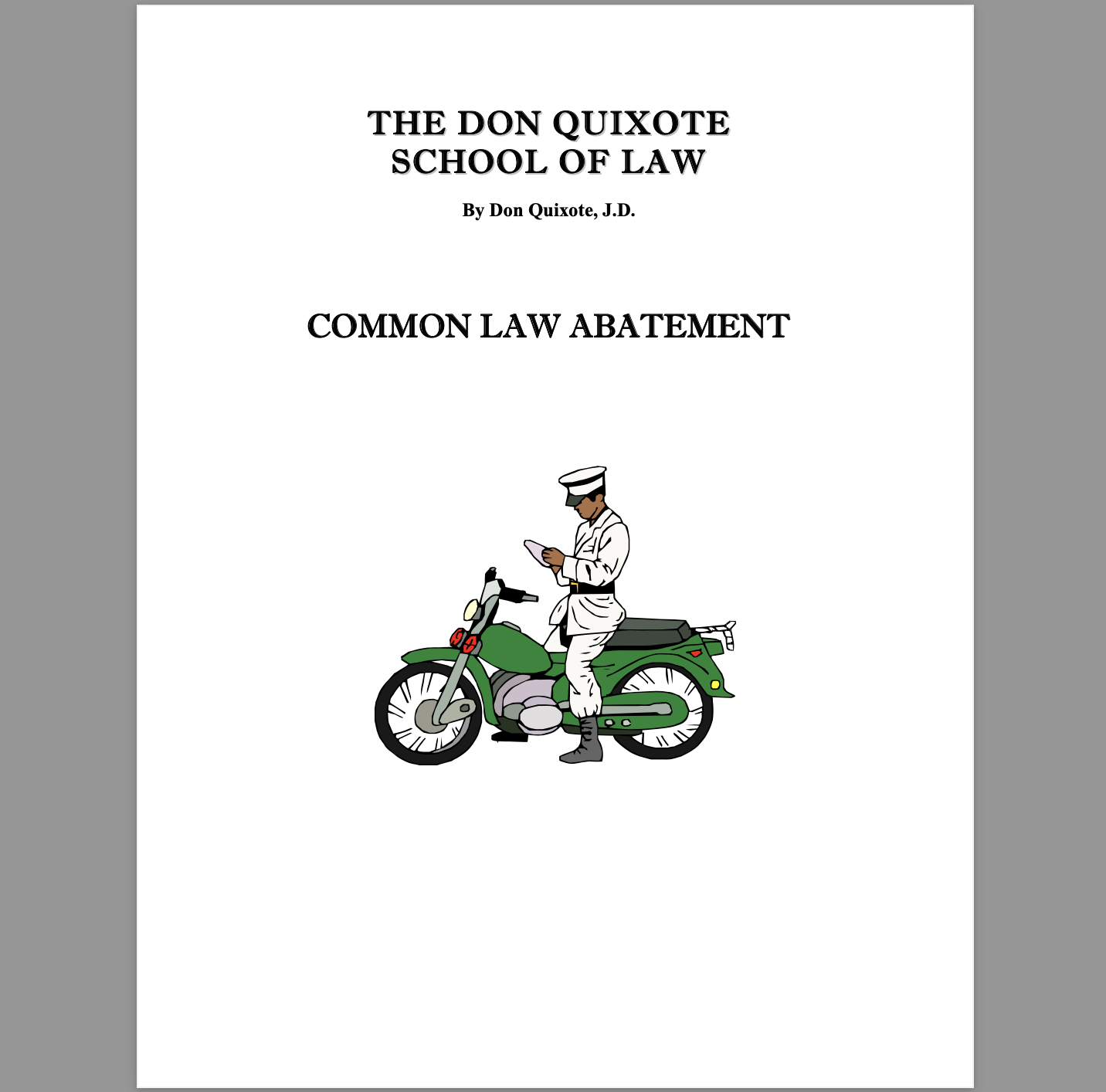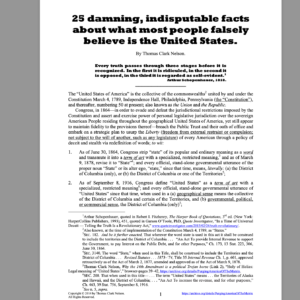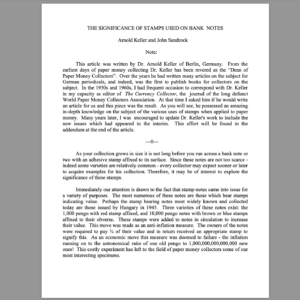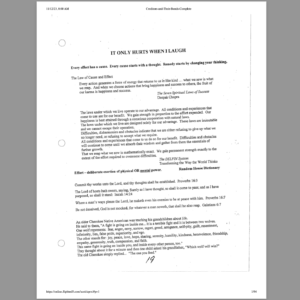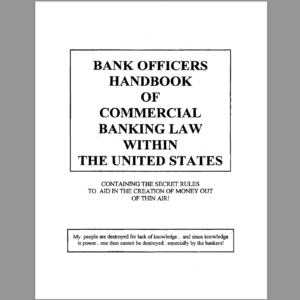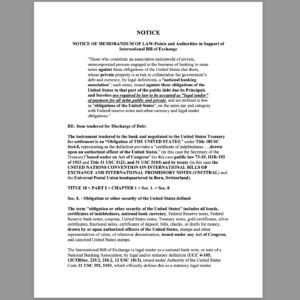Description
Pages total: 88
Brief Sumary About Abatement
There are many that believe that special appearances (by paper work, motions, etc.) nullify a court jurisdiction. Under emergency powers, this is false doctrine. There is no remedy in challenging a court jurisdiction, except by abating its process, first. Abatements are not a challenge to a court jurisdiction, merely a good faith attempt to correct errors in process, \”clear up the errors, judge, and I’ll appear.
Special appearances fail when a judge knows what he is doing. Under martial rule, judges do whatever they want, whenever they want so long as he/she does not alarm the public or disturb the peace. Jurisdiction is always granted to try jurisdictional questions, even if one goes to higher courts. Defendants grant jurisdiction without knowing it, because they never challenge the process that creates the jurisdiction in the first place (see: FRCP §2.4 (2)(4)). Process is perfected by appearance, special or otherwise.
Also remember the court is not the building the judge or anyone else, it is the paperwork. If the court paperwork is defective, there is no court and it ceases to exist. Seemingly, the only way to overcome the War Powers court process is by Abatement.
Traffic tickets are a pain for all of us. When using this Abatement Strategy, first send in the Notice of Abatement, Memorandum of Law and Denial of Corporate Existence to the Clerk of Court. That generally takes care of the annoying ticket. If you do not hear from him within 15 days, send in the Default Notice of the Notary to the Clerk. If you receive a summons, which has the proper signature of the judge and the court seal, send in the Subpoena and Discovery Interrogatories to the Prosecuting Attorney and the court.
You are challenging jurisdiction and the opposing party must traverse your challenge or the court cannot proceed. In most cases they will never give you the documents you have requested or answer your questions, if they do, you won.
The people granted authority to the state legislature to adjudicate only a few matters: Actions at law, actions in equity, and actions under the rule of necessity (military). Admiralty was remanded to the federal government and the states (are supposed to) have no authority to legislate in this jurisdiction. There was a time when someone aggrieved of harm would file a tort at law. Moreover, the nature of the action governed the rules of the procedure. If there was a breach of contract, then this was an equity matter. If the aggrieved party could allege a tortious breach of contract, this matter was moved from the equity side of the court into the law side. This is because the people must have access to a remedy at law if this type of action could give relief. If one were in the military, or if one were under territory under martial law, the court was a military court.
If there was a breach of an International Contract, the Matter was federal and heard under Admiralty. The state Legislature cannot vest a “court” with authority that has not been delegated to it by the People via the constitution of the State. They cannot create a new “nature of action” out of thin air. Later on, when the constitutions of the several States were amended to recognize and administrate corporations, a separate court was established, and the action was in the nature of administrative…………..

